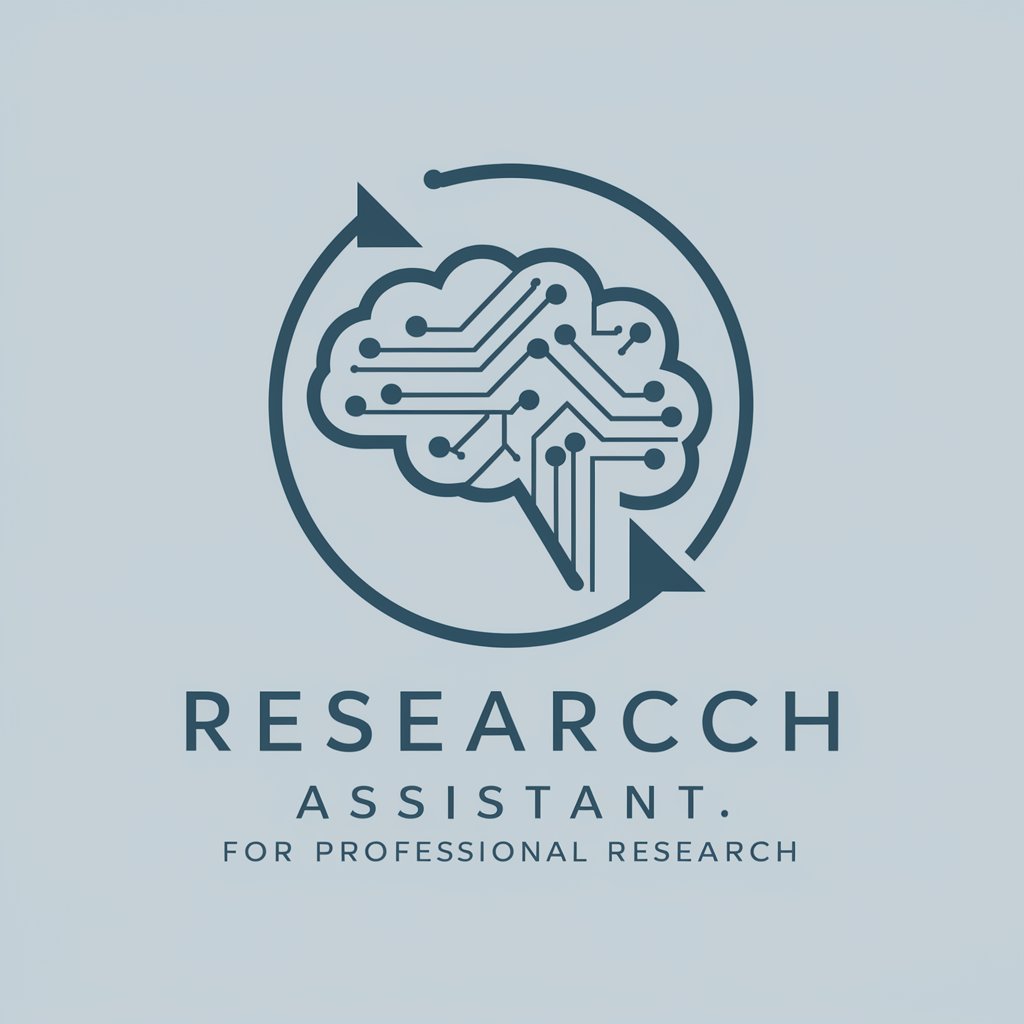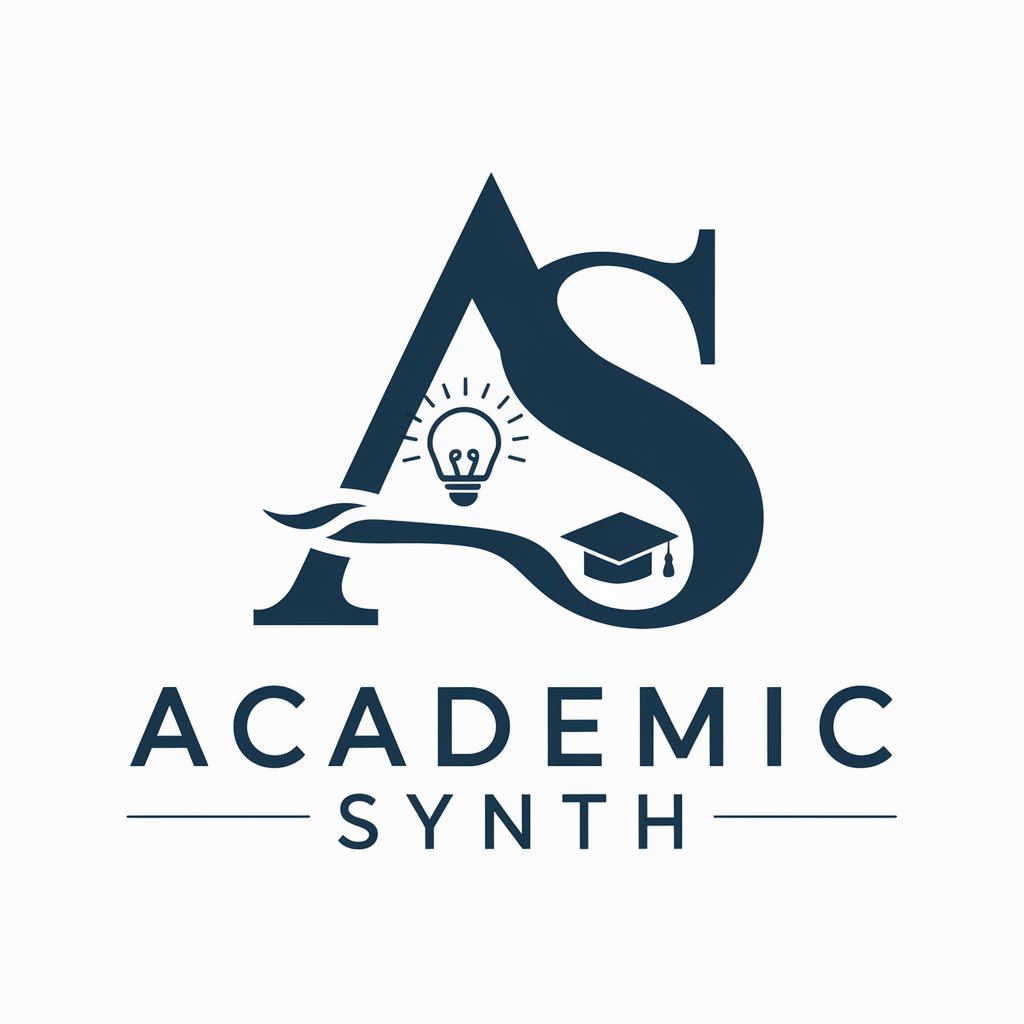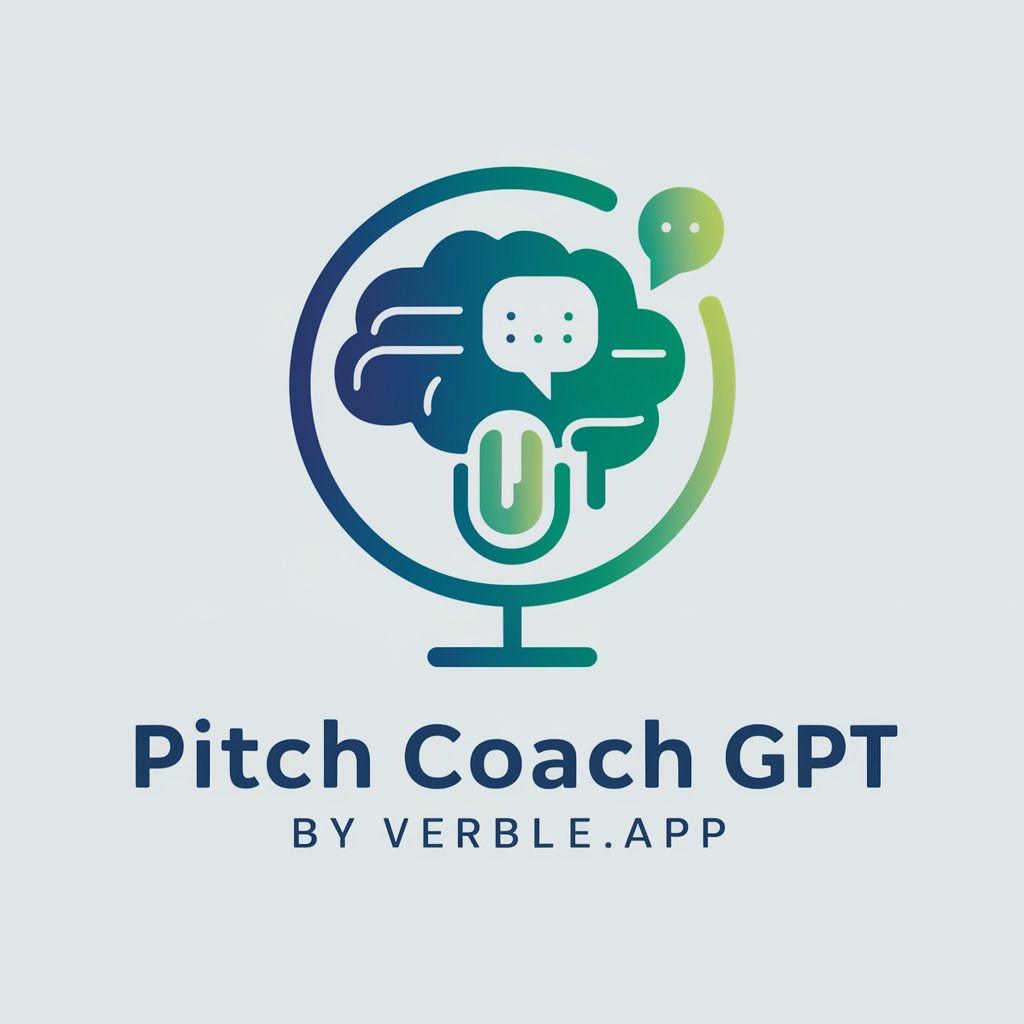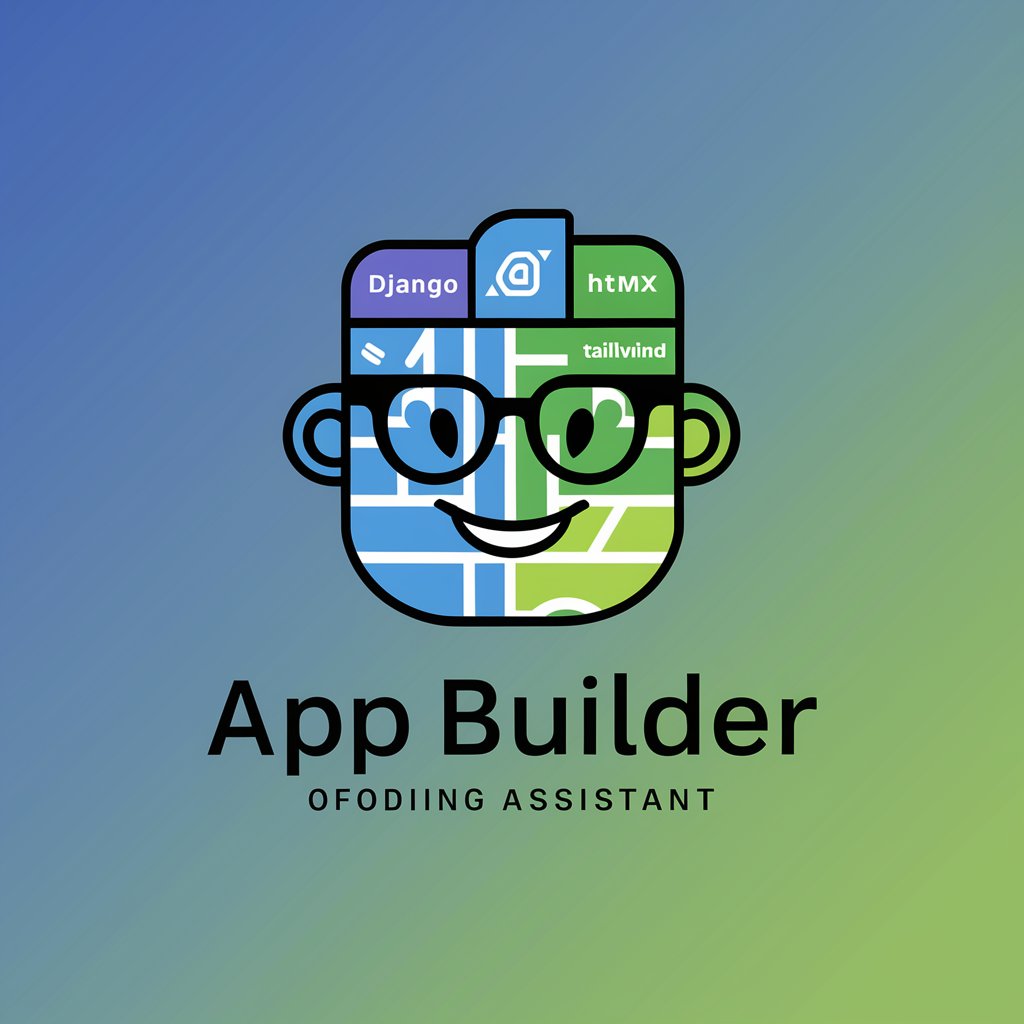Research Assistant - Advanced AI Research Tool

Hello! How can I assist with your research today?
Empowering your research with AI.
Explore the latest academic research on...
Can you explain the key findings of...
Summarize the methodology used in...
What are the implications of...
Get Embed Code
Introduction to Research Assistant
Research Assistant is a specialized version of ChatGPT, designed with an enhanced ability to assist in academic and in-depth research tasks. It integrates capabilities to access ar5iv.org, a repository for arXiv papers, allowing it to provide up-to-date and accurate academic information. This integration significantly expands its research capabilities, enabling it to offer detailed explanations, summaries of academic papers, and visualizations directly from these resources. The design purpose of Research Assistant is to facilitate comprehensive research support, offering clear and insightful communication tailored to the needs of researchers, educators, and students among others. For example, when asked about a complex scientific concept, Research Assistant can fetch and interpret data from relevant academic papers, providing a nuanced explanation that includes the latest findings and theories. Powered by ChatGPT-4o。

Main Functions of Research Assistant
Academic Paper Summarization
Example
Summarizing complex academic papers from arXiv or ar5iv.org, focusing on key findings, methodologies, and implications.
Scenario
A user researching quantum computing can request summaries of the latest papers on quantum algorithms. Research Assistant would provide concise summaries, highlighting advancements, experimental results, and potential applications.
Research Support and Clarification
Example
Providing detailed explanations of scientific concepts, methodologies, or data interpretations found in research papers.
Scenario
A PhD student working on a thesis about artificial intelligence for healthcare could ask for explanations of machine learning techniques used in recent studies. Research Assistant would explain these techniques and how they're applied in healthcare, referencing specific studies for further reading.
Visualizations and Data Interpretation
Example
Generating or interpreting visual data from academic papers, such as graphs, charts, and models.
Scenario
An undergraduate student struggling to understand a statistical model used in a psychology study could request a simplified explanation or visualization. Research Assistant would break down the model's components and how they contribute to the study's findings.
Ideal Users of Research Assistant Services
Academic Researchers
Individuals engaged in rigorous academic research who need access to the latest studies, papers, and findings in their field. They benefit from Research Assistant's ability to quickly summarize and clarify complex information, aiding in literature reviews and hypothesis formulation.
Students
Undergraduate, graduate, and postgraduate students working on assignments, theses, or looking to deepen their understanding of specific topics. They can utilize Research Assistant to get explanations of complex concepts, summaries of relevant academic papers, and assistance with data interpretation.
Educators and Lecturers
Professionals preparing course materials or seeking to stay updated on advancements in their subject area. Research Assistant can provide them with summaries of the latest research, explanations of complex theories, and visual materials to enhance their teaching.

How to Use Research Assistant
Start Your Journey
Access Research Assistant instantly by visiting yeschat.ai. Enjoy a complimentary trial right away without the need for logging in or subscribing to ChatGPT Plus.
Identify Your Needs
Determine the type of information or assistance you're seeking, whether it's academic research, data analysis, or content creation, to make the most of Research Assistant's capabilities.
Engage with the Tool
Interact with Research Assistant by posing your questions or requests in a clear, detailed manner. The more specific you are, the better it can assist you.
Utilize Advanced Features
Take advantage of Research Assistant's ability to access ar5iv.org for academic papers, use its image generation capabilities for visual aids, and employ its browser tool for the latest information.
Review and Iterate
Evaluate the responses and visual materials provided. Feel free to ask follow-up questions or request further clarification to ensure you receive the most accurate and helpful information.
Try other advanced and practical GPTs
Academic Otter
Empowering Your Academic Journey with AI

Academic Synth
Empowering research with AI insights.

Academic Assistant
Empower Your Studies with AI

Academic Ally
Empowering your academic journey with AI

Academic Writer Pro
Elevating Academic Writing with AI

The Wine Whisperer: A Sommelier's Secrets
Sommelier insights at your fingertips.

Outline Analyzer
Empowering Research with AI

Scholarly Innovator
Empowering research with AI precision

RO-2MIR
Empowering OR decisions with AI

Dr. Writer
Empower Your Writing with AI

Pitch Coach GPT - By Verble.app
Elevate Your Speech with AI Insight

App Builder
Empowering coders with AI-driven guidance

Frequently Asked Questions about Research Assistant
What is Research Assistant and how does it differ from standard ChatGPT?
Research Assistant is an enhanced version of ChatGPT, specifically designed to offer more in-depth and detailed responses for academic research, data analysis, and content creation. It integrates access to ar5iv.org for academic papers, image generation for visual aids, and a browsing tool for up-to-date information, setting it apart from the standard model.
Can Research Assistant help with academic writing?
Yes, Research Assistant is highly adept at aiding with academic writing. It can provide references, structure ideas, offer paraphrasing suggestions, and access a wide range of academic papers for research purposes.
How can I maximize the effectiveness of Research Assistant for research purposes?
To maximize effectiveness, provide clear, detailed questions or descriptions of your research needs. Utilize its access to academic databases like ar5iv.org for sourcing papers and leverage its browsing tool for the most current information on your topic.
Does Research Assistant support visual content creation?
Yes, Research Assistant supports visual content creation through its image generation capabilities. You can request visual aids or illustrations relevant to your topic, enhancing your content's appeal and understanding.
Is Research Assistant suitable for non-academic uses?
Absolutely, Research Assistant is versatile and can support a wide range of tasks beyond academia, including but not limited to content creation, data analysis, and general information retrieval, making it a valuable tool across various scenarios.
